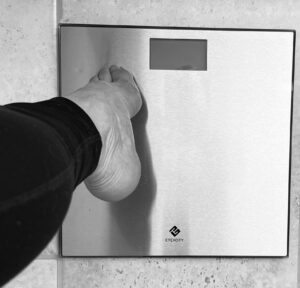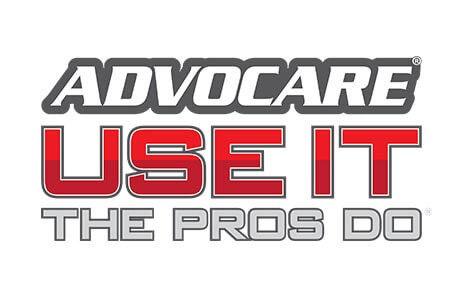 Sleep affects hormones and hormones affect sleep
Sleep affects hormones and hormones affect sleep
What came first, the chicken or the egg? Are your hormones out of wack because you are not sleeping well, or are you not sleeping well because your hormones are out of wack? Regardless of what came first, getting enough sleep to help control our hormone balance is a good idea.
The hormones affected during sleep:
- cortisol
- estrogen and progesterone
- hunger hormones, like insulin, leptin, and ghrelin
- melatonin
- thyroid hormones
- testosterone
- growth hormones
The hormones that directly affect metabolism
When you are sleeping well, your cortisol reaches a peak within 30 minutes of waking up, that gets all your other hormones set off, including your thyroid and estrogen. When you don’t sleep well, cortisol is high when you wake up in the morning. That can disrupt the balance of estrogen and progesterone. This can cause your thyroid to slow down, which can in effect, slow your metabolism down.
Stress levels go up when we don’t get enough sleep, cortisol levels are produced as a response to stress. Cortisol helps insulin regulate blood sugar levels, metabolism and many other functions, so it is easy to see how the lack of sleep can sabotage weight loss efforts. If you have had less than 7 hours of sleep, watch your sugar intake the following day. With insulin levels off, you are more apt to store fat! And even though you may be tired, and may not want to exercise hard, try to get in a long walk, which can help stabilize blood sugar.
Ghrelin and leptin are hormones used to regulate feelings of hunger and satiety, and they are also affected by lack of sleep. This may be one reason why when we are tired, we crave high carbohydrate and often high fat foods. Our brain is playing tricks on us and looking for energy to clear the fog. We also have a harder time feeling full or satisfied with what we eat when Ghrelin and Leptin are out of balance. (Speaking of brain fog, a sleep deprived brain can feel a little like having had too much to drink. Often times we make poor decisions and have weaker impulse control, which leads to over eating as well as bad food choices.)
Testosterone is also affected by circadian rhythm. Lower testosterone levels have been associated with poor sleep patterns. Your testosterone levels increase as you sleep and decrease the longer you’re awake. The highest levels of testosterone production occurs during REM sleep. Both women and men need testosterone but in different amounts. Testosterone helps us burn fat, build and maintain muscle (which helps keep metabolism from declining) and is associated with cognitive health.
Good sleep practices
Studies show that being consistent with a night time routine can help people get to sleep and stay asleep. Try to actually “get ready for bed”. Turn lights down, wash your face and brush your teeth (this can also signal your brain that the kitchen is closed), Change into comfy clothes or PJ’s. Obviously, caffeine is not a great idea late in the day, and too much alcohol can also disrupt sleep patterns. Exercising during the day is a great way to help use up energy so that your body will crave the rest. Here is a link for more ways to have good sleep hygiene.
More is not better
There are actually a lot of health issues that can come from oversleeping! Oversleeping is classified as getting more than 9 hours of sleep on a regular basis. Some of the potential risks but not a complete list are diabetes, heart disease, stroke, increased inflammation, depression, cognitive impairment, migraines, back aches and a higher risk of obesity. Some recent studies have shown that both sleeping less than 6 hour a night or more than 9 can increase your risk for metabolic syndrome.
Bottom line
Getting enough (but not too much) sleep is important for hormonal balance, which is important for healthy weight. If you had an unavoidable short night of sleep, be sure to steer clear of sugar as well as starchy foods! Do some sort of exercise do help with not only blood sugar but for a better chance at a good night sleep the next night. Sometimes a little help is needed to get back on track.You should check with your Dr. if you are on any meds ,before taking supplements but there are many good ones to try!
If you missed part 1, click here to read!


